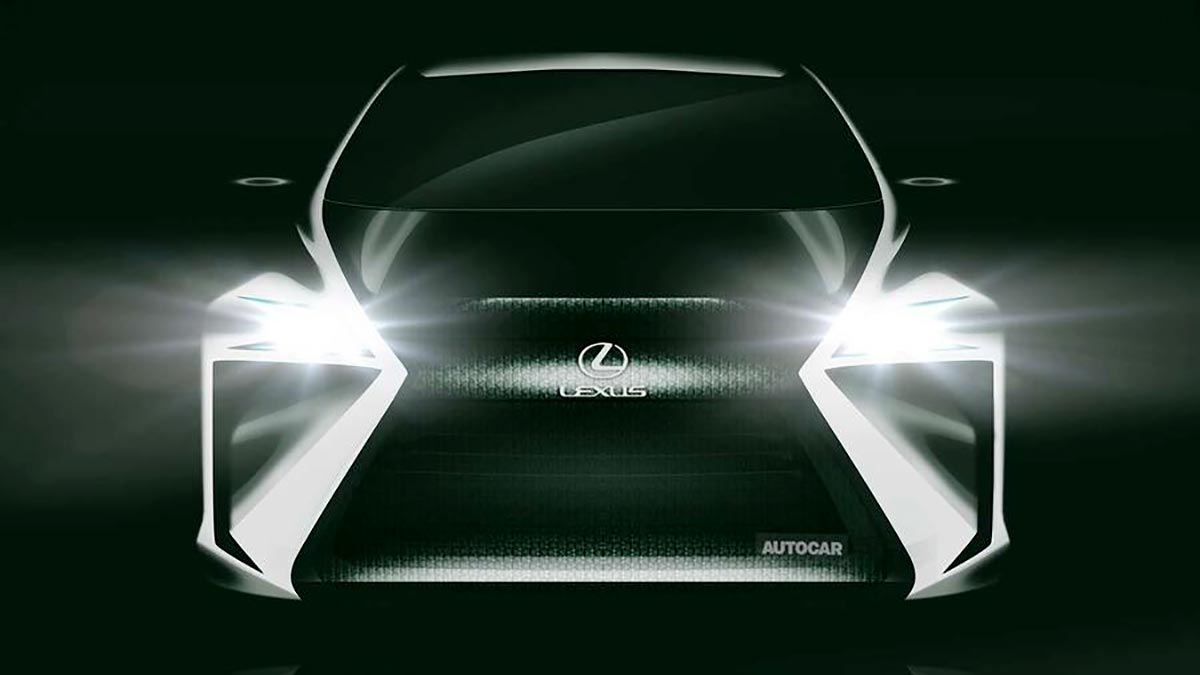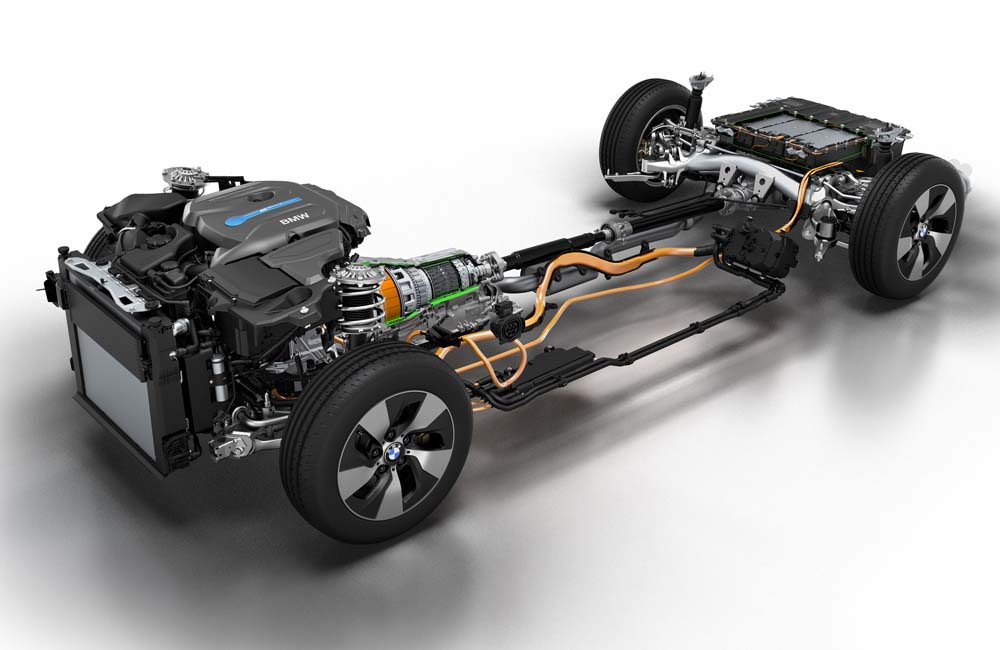Forget about pure EVs. Make plugin hybrids first.
I used to think the exact same way too.
However, now with further insight, I can see that presently there are so many different engine formats, with simply no perfect format.
Atmospheric still good, but thirsty and emissions.
Small capacity turbos great, but the lag.
Turbo-diesels great, but the NVH, 4500 rpm redline, and the carcinogenic particle dust pollution.
Electric turbos no lag, but they do have certain cons like a big heavy 48 Volt battery to power the electric motor.
Furthermore, electric turbos free of lag - is rendered almost unnecessary - when electric motors with instant torque are already used in hybrids, and plug-in hybrids.
Gasoline-electric hybrids with the new generation of batteries efficiently sandwiched between the rear seat base and fuel tank great by not hindering trunk space, but still certain limitations like little electric propulsion & poor electric range.
Plug-in hybrids great, but that huge 3x size battery pack in the rear overhang dramatically reduces trunk volume, adds enormous weight to the tail, and with no room for a spare tire compartment, it forces run flat tires, or a tire repair kit.
EV great, but the
lithium ion batteries have a lot of limitations.
EV with
solid state batteries great, but tech won't arrive till at least 2025 or beyond.
It's terrible that there are so many different choices, each with their pros and cons, yet no perfect choice.
Someone who rarely drives in peak hour traffic like me could prefer a conventional hybrid with a tiny battery pack sandwiched beneath the rear seat base for a full size trunk and conventional soft riding tires.
However, someone who daily drives in peak hour traffic may prefer a plug-in hybrid with a triple size battery pack so that they have a tremendous electric range, yet they would have to live with the tiny trunk size, the heavy weight of the triple size battery pack in the rear overhang, and either run flat tires, or conventional soft riding tires with only a tire repair can kit.
I dare say the Europe with its limited land size & hi population density may prefer plug-in hybrids & EV's.
While the USA with its huge land area may prefer atmospheric, small capacity turbos, electric turbos with no lag, or Gen III hybrids with the battery pack efficiently sandwiched between the rear seat base & the fuek tank.
Gen I & II hybrids with the battery pack behind the rear seat back rest & in the rear overhang is now passe...




